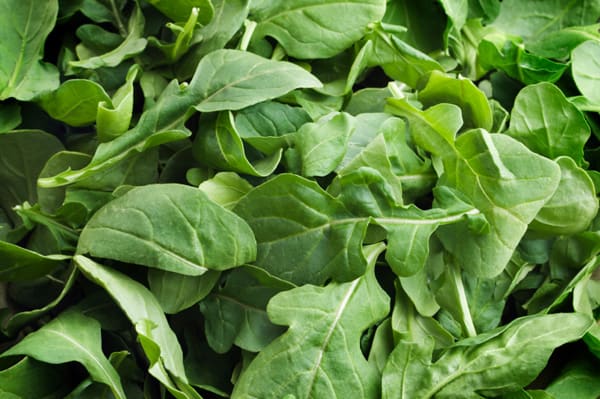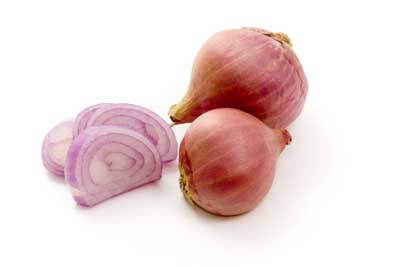Navy beans are pea sized white beans which can be used in a variety of dishes. These very common beans are known by a variety of alternate names, including haricot beans, Boston beans, pea beans, and Yankee beans, and they are closely related to larger white beans such as Great Northern and cannelloni beans. Most markets carry navy beans, typically in both dried and canned form, and they are also very easy to grow in the garden, if you have a little bit of room.
Beans have been cultivated in many regions of the world for centuries, and white beans are among the most basic of bean varieties. This food happens to be extremely nutritious, being typically high in both protein and fiber, and beans often have large amounts of trace mineralssuch as magnesium, as well, making them an excellent dietary supplement. Bean plants are also good for the garden, since they are nitrogen fixers, meaning that they will improve the condition of the soil they are grown in.
Health Benefits of Navy Beans
- Navy beans are full of dietary fiber that not only helps prevent constipation, but also helps keeps digestive disorders, like irritable bowel syndrome and diverticulosis, at bay.
- Being a rich source of dietary fiber, folate and magnesium, navy beans have been found to reduce the risk factor for heart attack, stroke, and peripheral vascular disease.
- Navy beans are full of complex carbohydrates that, rather than leading to any sort of weight gain, provide the brain and muscles with a good and stable supply of energy.
- If you are suffering from the problem of insulin resistance, hypoglycemia or diabetes, navy beans would prove highly beneficial for you. They help balance blood sugar levels in the body, while providing steady, slow-burning energy.
- Navy beans prove to be a good source of iron, while being low in calories and almost fat-free. This is the reason why they are recommended for menstruating women, pregnant or lactating women as well as children who are in the growing-up stage.
- There is high thiamin (vitamin B1) content in navy beans. The nutrient is involved in the synthesis of acetylcholine, the important neurotransmitter essential for memory, a lack of which can lead to age-related impairment in mental function (senility) and Alzheimer’s disease.
- The dietary fiber in navy beans attaches itself to the bile acids in the intestines, used in the synthesis of cholesterol. When excreted by the body, the fiber takes the bile acids along with it, thus helping lower the blood cholesterol levels.
- The magnesium present in navy beans, by serving as a calcium channel blocker, helps ease fatigue and unwind tired muscles, nerves and blood vessels, in turn alleviating the symptoms related to asthma, migraine headaches, tension and soreness in muscles.
- Being one of the best sources of copper, navy beans help reduce the risk of inflammatory diseases, like rheumatoid arthritis. At the same time, they promote the activity of enzymes needed to maintain the elasticity of blood vessels, ligaments and joints.
- Navy beans are rich in a number of nutrients that take part in the detoxification of the body. By aiding detoxification, they help reduce the risk of various inflammatory, degenerative and cardiovascular diseases, in turn promoting overall health of a person.

